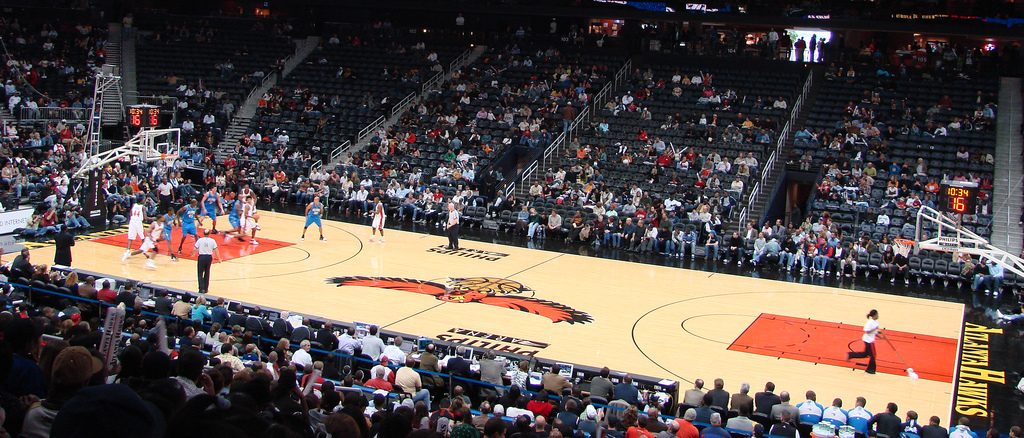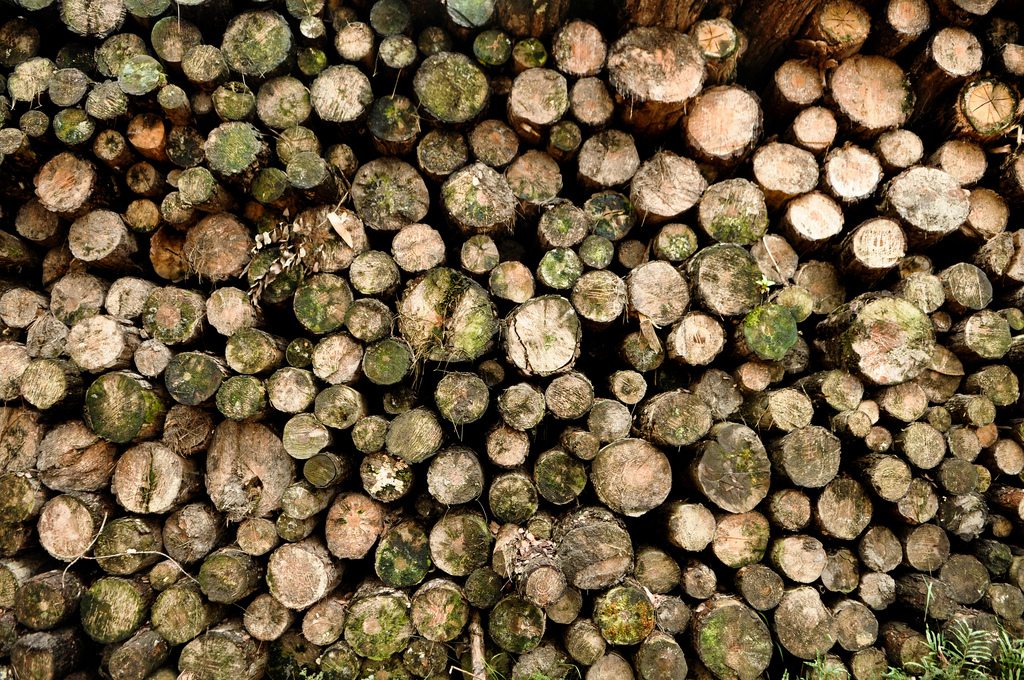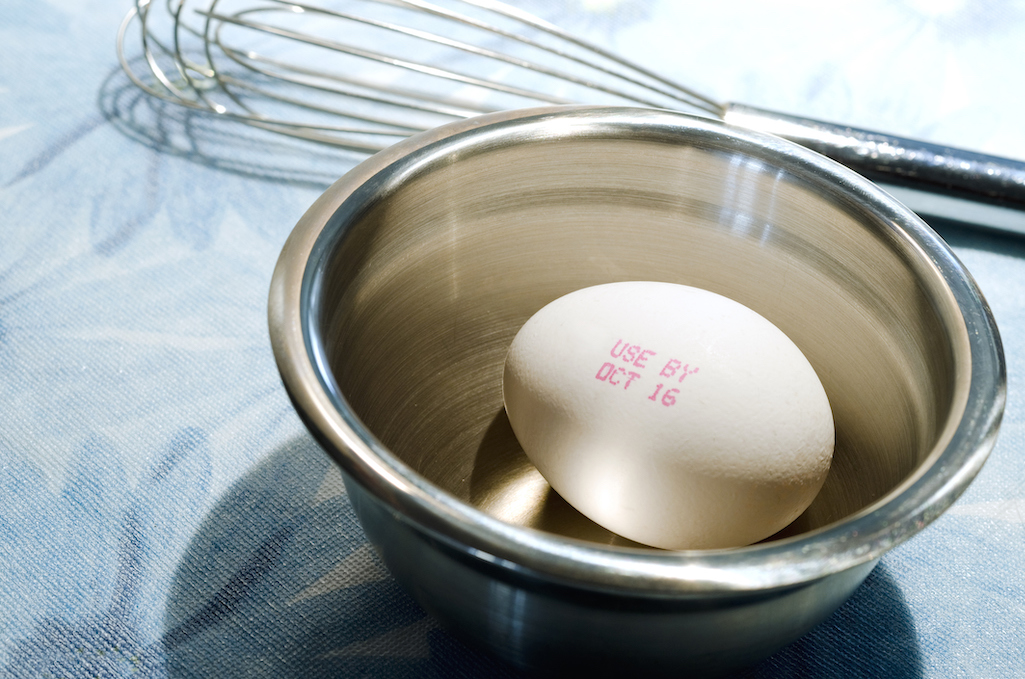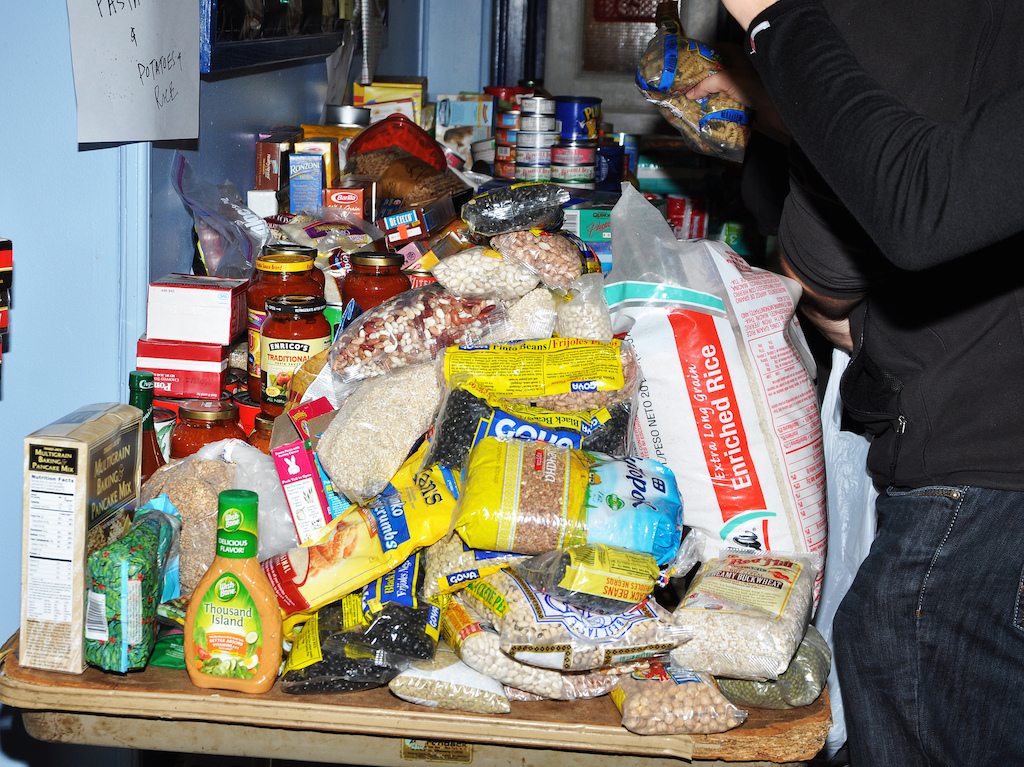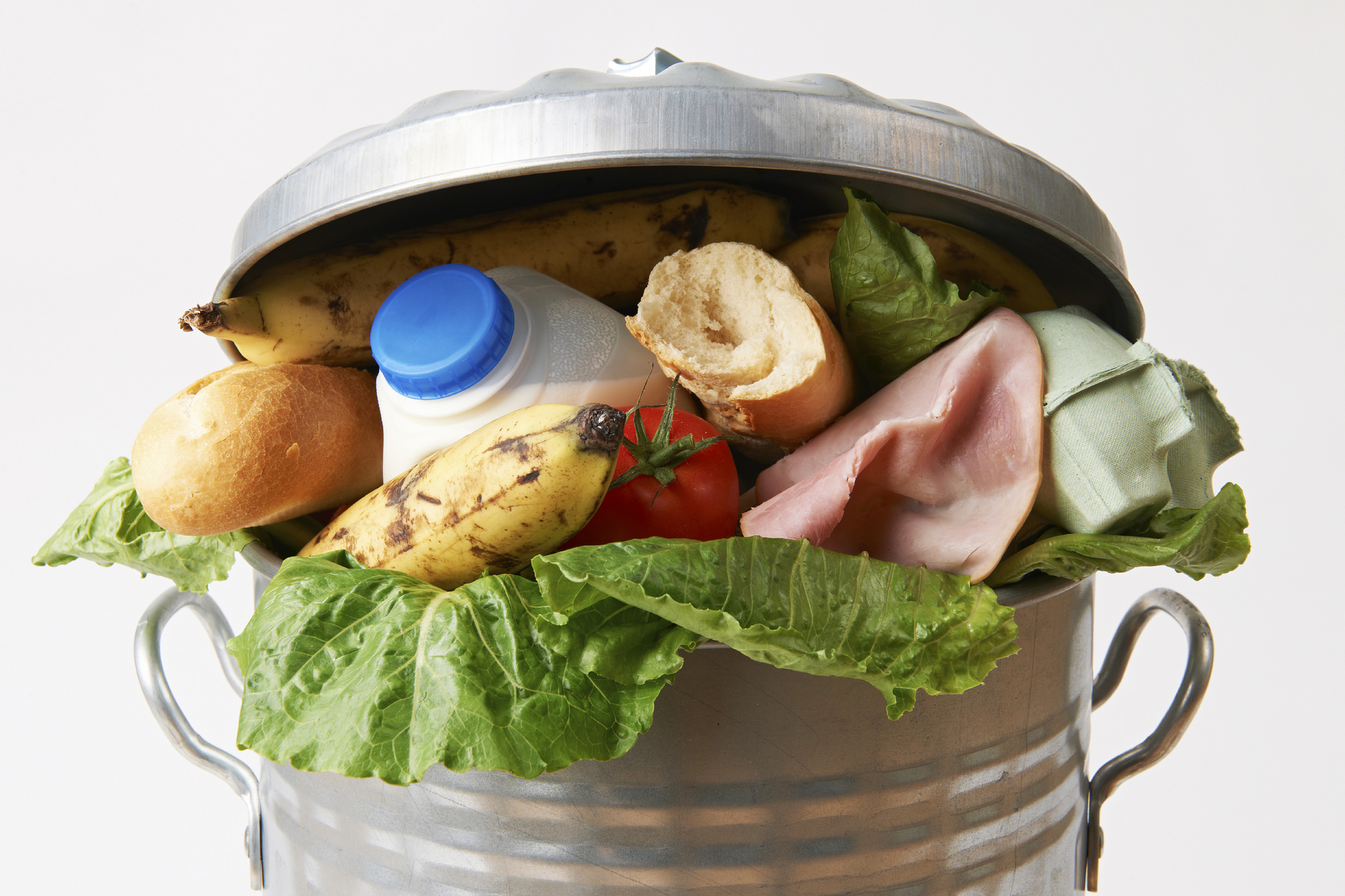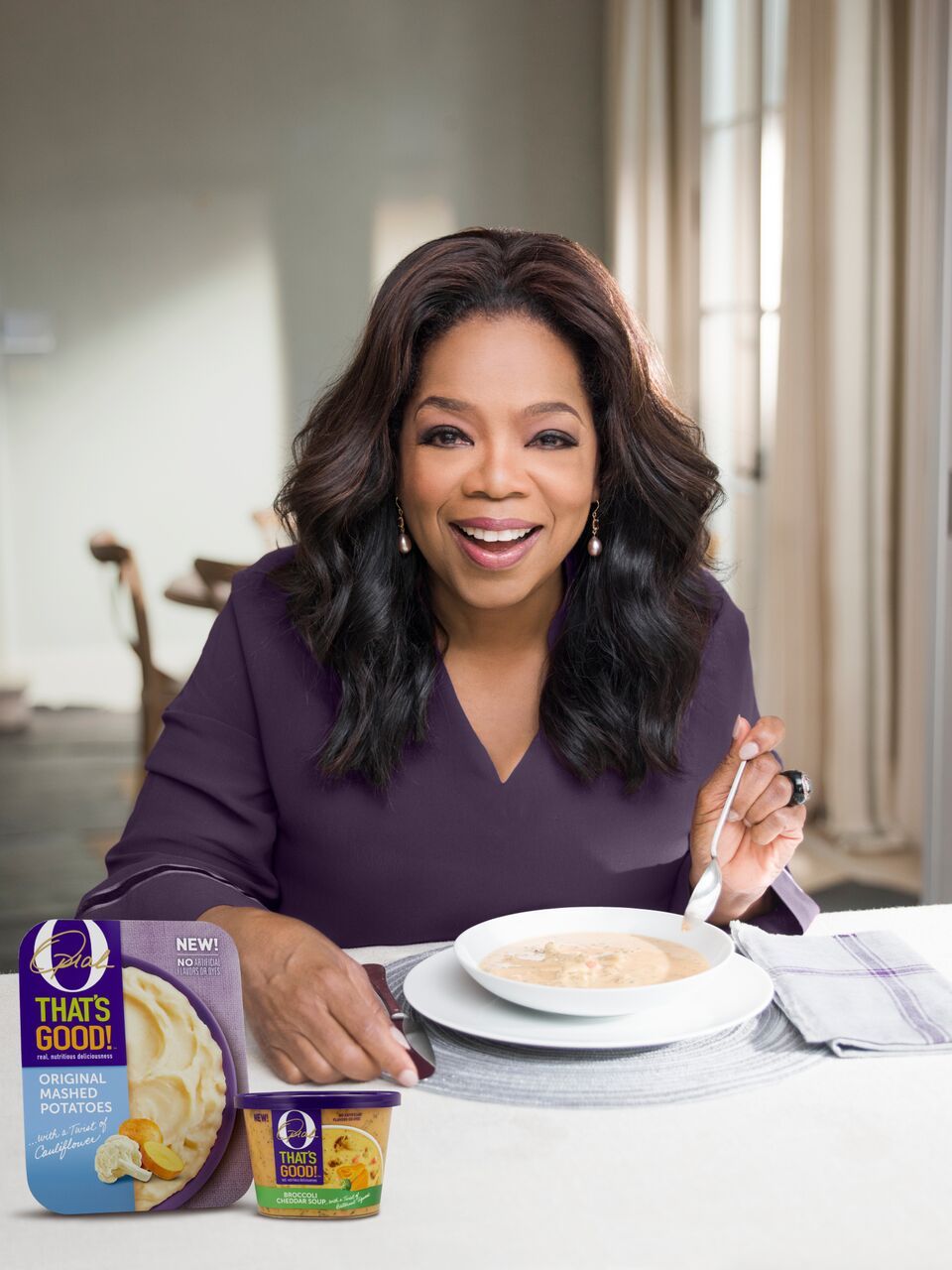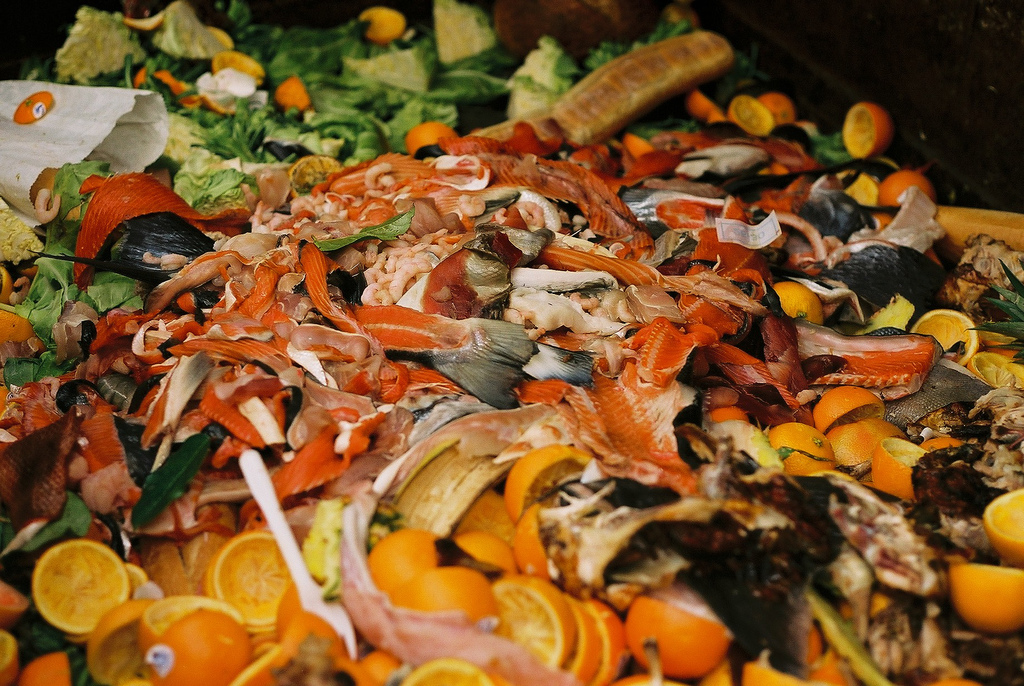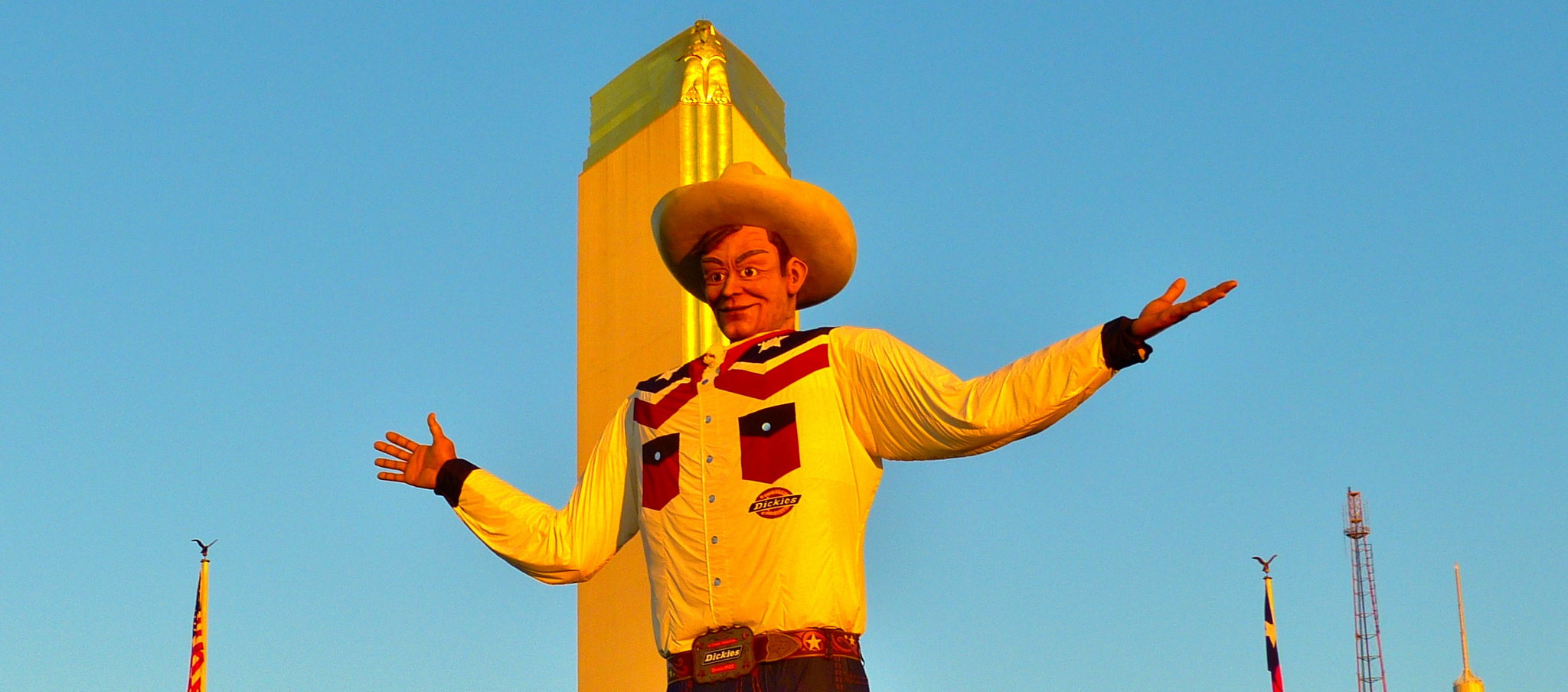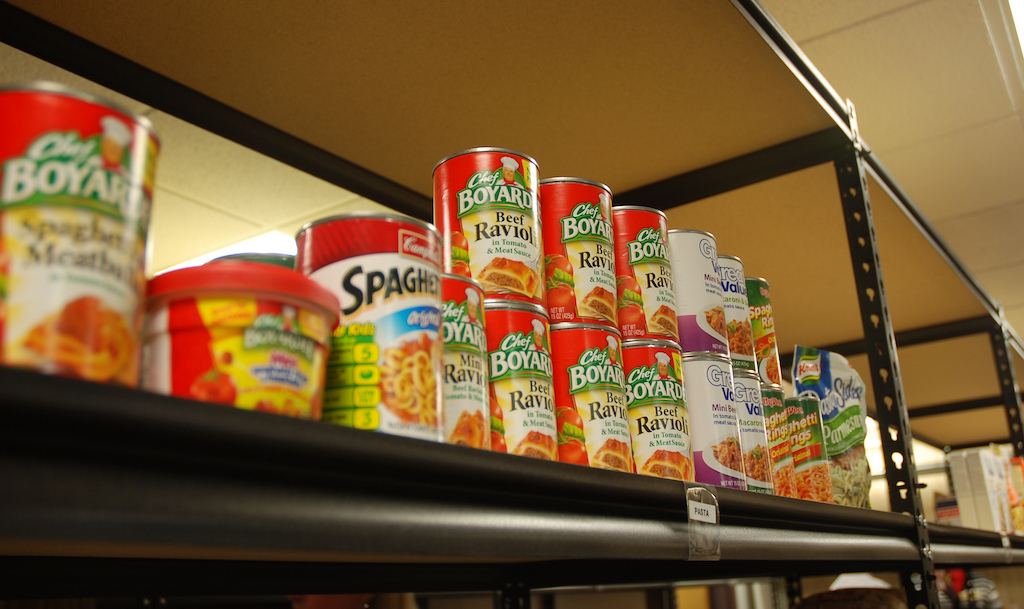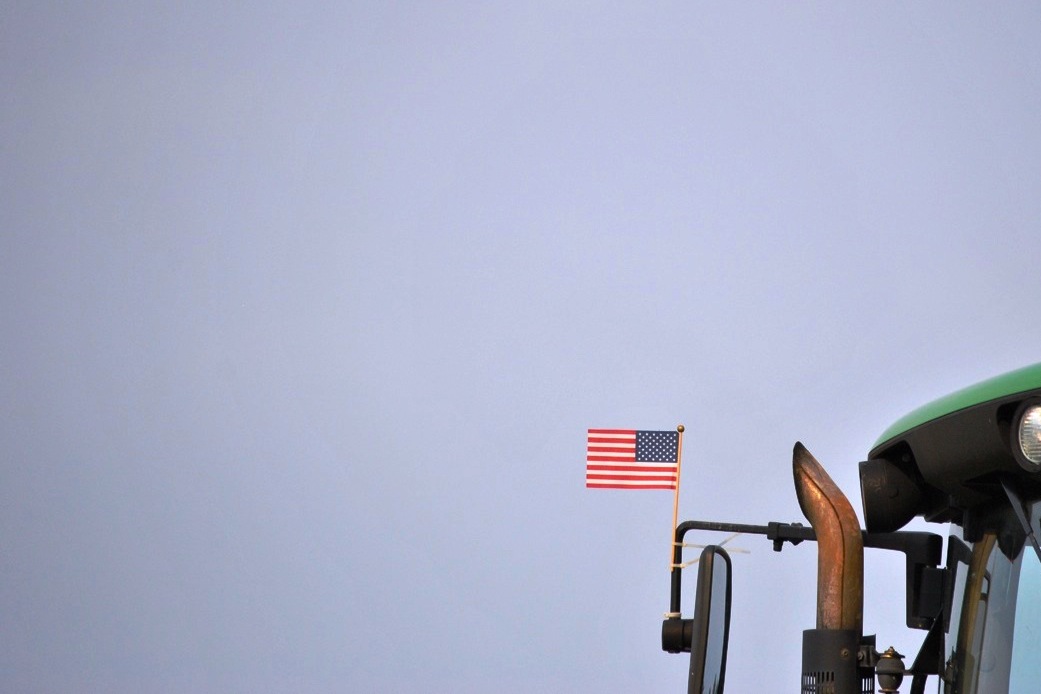One-dollar chips. Three-dollar nachos. Four-dollar, bottomless popcorn and soda. And get this: five-dollar beer.
That’s how much (or how little, really) attendees will pay for food when they catch Atlanta Hawks games at Philips Arena starting this fall. The basketball team says the move to “fan-friendly pricing” will cut around half off last year’s prices—resulting in what will likely be the NBA’s most affordable concessions.
Why now? It would appear that selling the cheapest food in basketball is an attempt to boost fan interest in a floundering team. Hawks ticket sales have declined for four straight years, and last year the team’s attendance was the lowest in the NBA, according to ESPN.
The move may also be an attempt to recoup construction costs, as fan-friendly pricing also coincides with a publicly financed $192 million arena renovation. With all that money invested in private cabanas, a massive new video board, and VR golf simulators, wouldn’t it be a shame if no one came?
“My instant reaction was, you know, how’s their attendance?” says Chris Bigelow, a sports concessions consultant. “That’s really the goal, is to keep the people you got, and sell more tickets at the end of the day.”
Both the Hawks and Levy, the provider that services Philips Arena, declined to comment on financial or contractual details for this story, but Bigelow says industry contracts typically work this way: a team will keep 40 to 50 percent of the revenue generated from concession sales, with the rest going to concessaires like Levy. Under that model, the concessionaires use their share of the revenue to cover expenses like food and labor, and turn a profit.
Bigelow says it’s likely that the Hawks will pay Levy a flat annual fee under the new arrangement, potentially between $200,000 and $500,000, to manage concessions. If there are profits, Levy and the Hawks will split them, and if there are losses, the Hawks will cover them.
That model isn’t unheard of. Last year, the Atlanta Falcons, another Levy account, put the company on a management fee structure and slashed prices. The team said the amount spent per fan went up by 16 percent following the change.
Outside of sports, Bigelow estimates that 75 percent of food service companies run on a management-fee basis. Levy, a subsidiary of Compass, the world’s largest food service corporation, would not comment on whether it received management fees to run concessions at ballparks, stadiums, racetracks, and convention centers.
So will cheaper arena food prove to be a marketing slam dunk? (Sorry.) Hard to say. When a team like the Hawks can’t count on winning, maybe it’s cheap food that’ll keep the fans coming. That, or Swipe Right Night.
